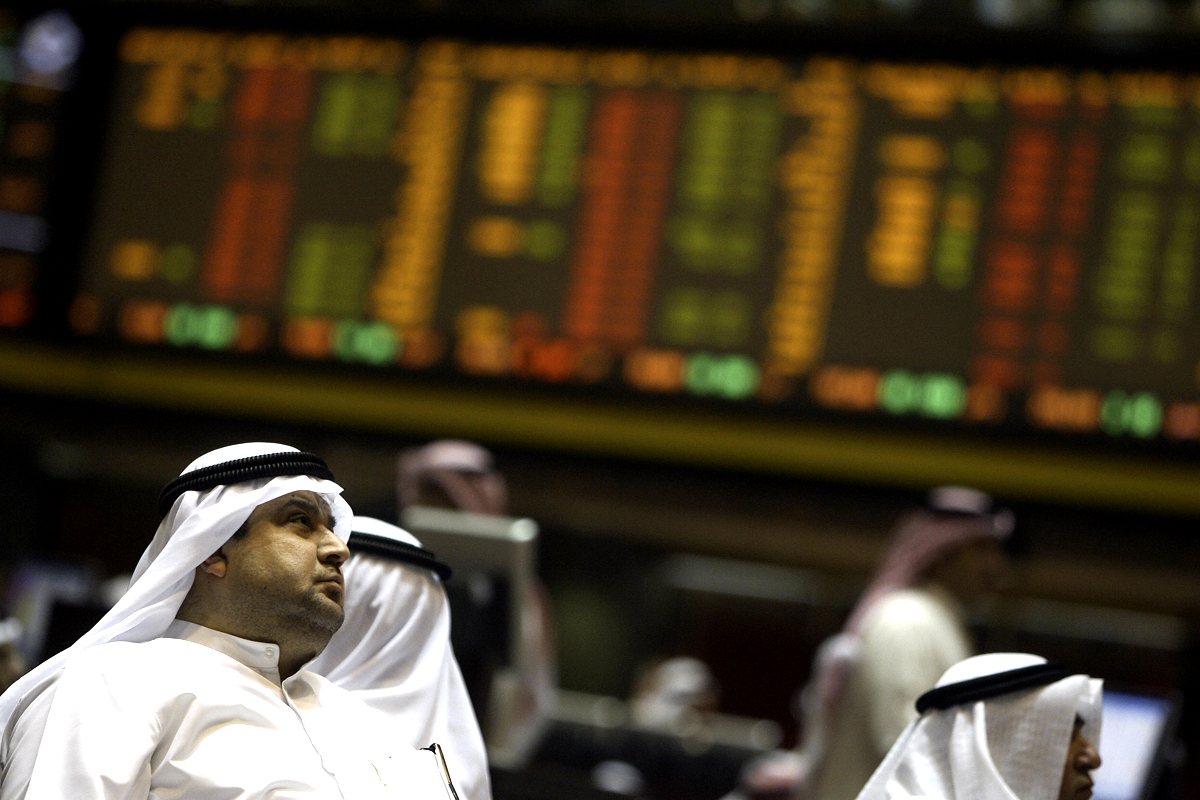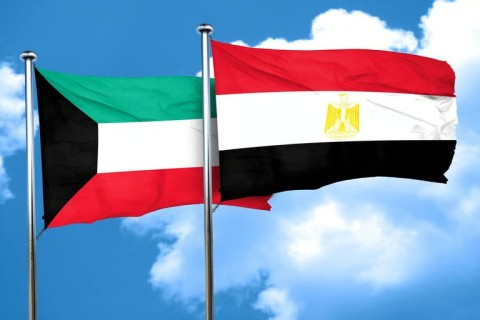According to Trade Arabia Kuwait is embarking on public sector wage reforms, with a bill awaiting National Assembly approval. This would restructure job classifications, standardize pay across the public sector and introduce an annual inflation adjustment. If successful the proposed legislation will cover staff of all government entities, including the oil sector. Only military professions will be excluded.
The reforms are meant to make fiscal savings for the government worth KD 16 billion during the first ten years of implementation, according to official estimates.
The research for the reform package was prepared by TICG (a joint venture between Oliver Wyman, KIA and Kuwait Fund), and was based on a comprehensive analysis of pay in the government, public entities and the oil sector.
Similar fiscal and financial reforms are taking place across the Gulf Cooperation Council member nations, in part thanks to the collapse of oil prices. In a related development Reuters quoted a senior banker at a state-run UAE commercial bank – who insisted on remaining anonymous – that “The days of easy money are over”. This was in reference to measures being taken to insure that money market rates start to rise.
“Dragging oil prices and expectations that increased exports from Iran will add to the global supply glut are unnerving the money market, which previously held rates at rock-bottom levels for several months”, he added.
Another contributing factor is the expectation that the US will tighten the money supply this year, which will undoubtedly have after-effects on the GCC countries given that many of their currencies are pegged to the US dollar. With higher rates Gulf banks will have more leverage over pricing their loans. Low rates mean intense competition over loans between banks and so excess liquidity, fueled in the past by inflows of cash from high oil prices.
Another financial tactic being deployed across the Gulf is the issuance of bonds, with Kuwait openly announcing that it might use bonds to finance its deficit. Oman and Bahrain are expected to follow suit if oil prices remain low.
“More Gulf nations are likely to access the bond markets to plug deficits following in Saudi’s footsteps, as they cannot sustain the rate at which they are drawing funds from their reserves,” said a foreign bank’s head of markets.












